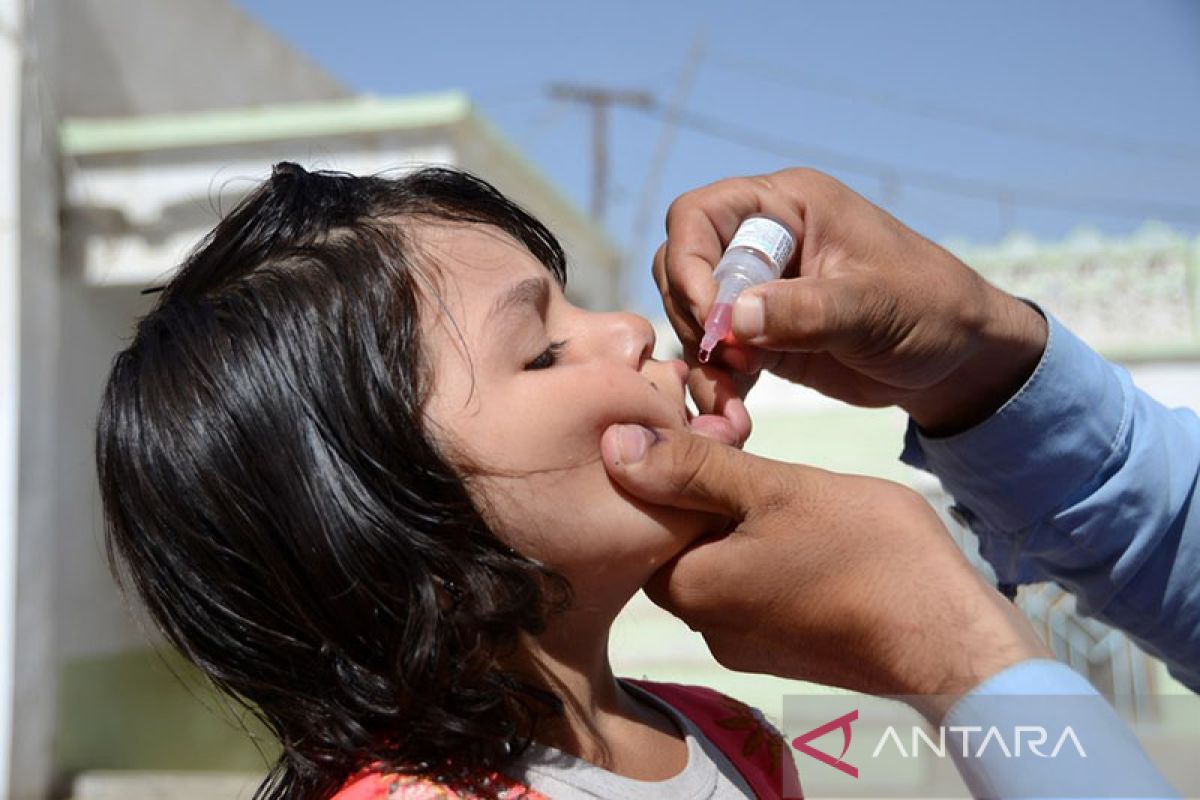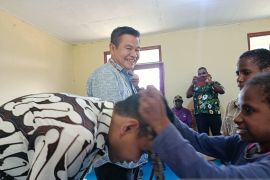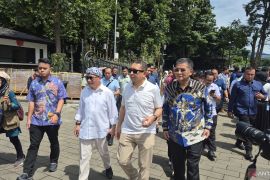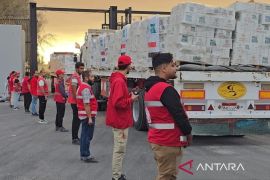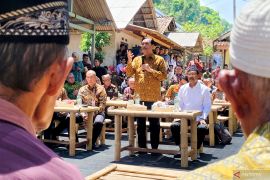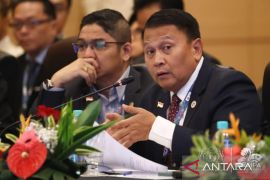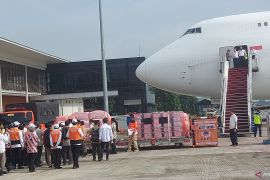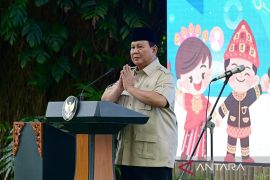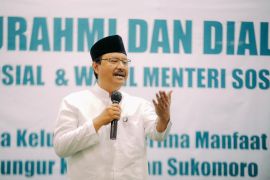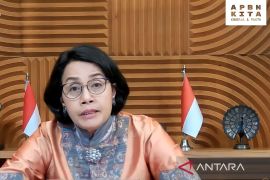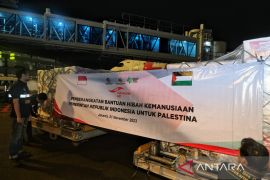Indonesian AID chairperson Tormarbulang Lumbantobing stated that the vaccine grant reflected Indonesia's commitment to protecting the rights and future of children wherever they are, including in Afghanistan, by immunizing them against polio.
"Indonesia is among the polio vaccine-producing countries whose reputation is recognized worldwide," he noted in a statement on Tuesday.
He remarked that the Afghanistan authority had implemented a national polio vaccination campaign covering more than 11.4 million children in 32 provinces from April to May. Indonesian-made vaccines accounted for 76 percent of those used in the national campaign.
Lumbantobing noted that the polio vaccine grant was distributed in cooperation with the United Nations Children's Fund (UNICEF).
He highlighted the urgency of the program due to Afghanistan being one of the only two countries in the world where polio disease is still classified as endemic. Pakistan is another country with polio-endemic status.
He also drew attention to the challenges in Afghanistan's polio vaccination campaign, including vaccine supply restriction, sanitary and health infrastructure quality, and social response.
The vaccine grant to Afghanistan is expected to promote quality Indonesia-made medicines, such as the polio vaccine produced by state pharmaceutical company Bio Farma, to the global market.
This step also reflects Indonesia's capability to support and fulfill requests from UN bodies in implementing health quality improvement or outbreak mitigation programs in countries or regions in need, Lumbantobing remarked.
Related news: Indonesia sends 10 mln polio vaccines to Afghanistan
Related news: Polio immunization coverage reaches 76.9 percent on the fourth day
Translator: Imamatul Silfia, Nabil Ihsan
Editor: Anton Santoso
Copyright © ANTARA 2024
